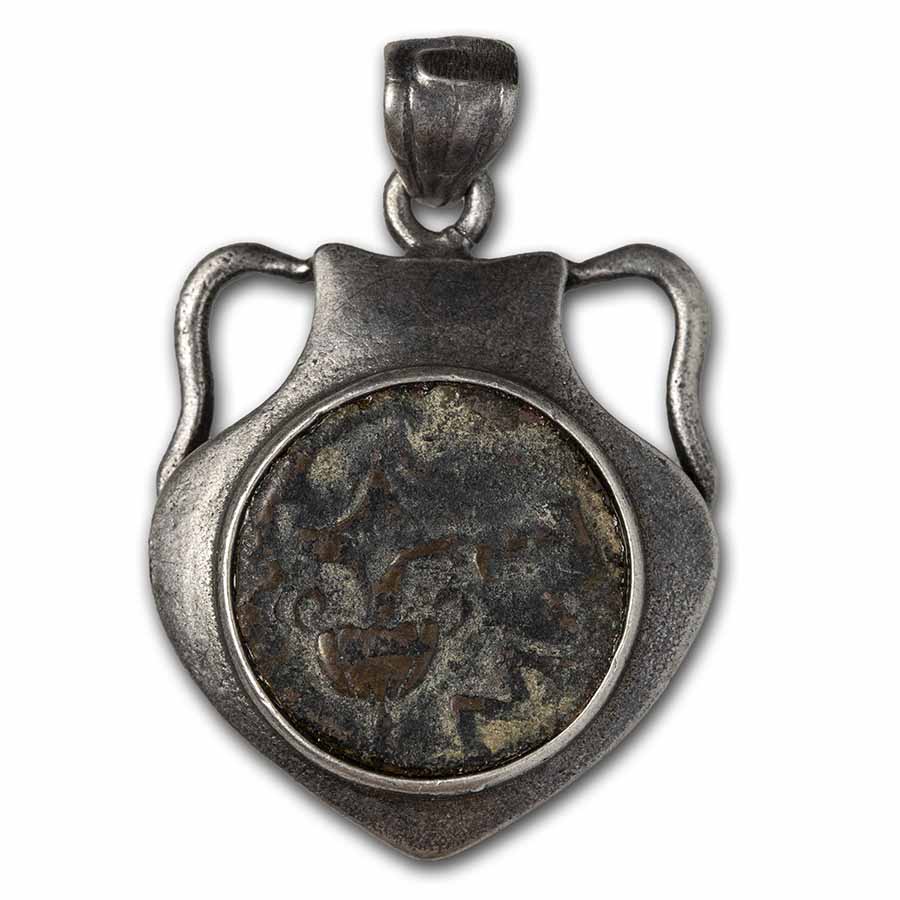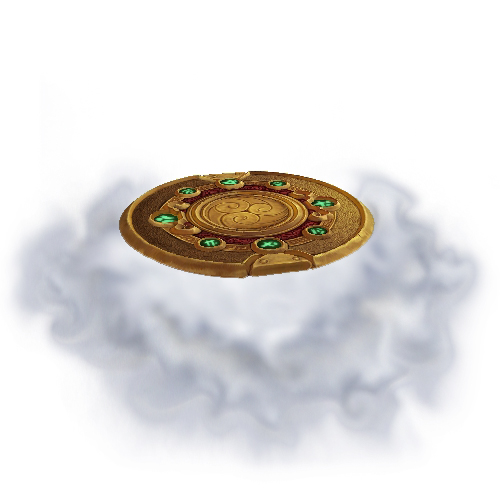

It takes the men appointed to impersonate the gods all of the year to learn their prayers. It is an outline naming in order the various personages called and the places visited, it being assumed that the performer can fill in the outline from his knowledge of the poetic forms. The K^äklo "talk" recorded in text by Mrs. For this purpose certain cult groups have special mnemonic devices. The phraseology of the prayers is so stereotyped that the principal difficulty in learning a long prayer is to keep the sequence. One-half of the chant is taken each night. The method of instruction is for the wo?le to intone the prayer, the pupils joining in as they can. How ever, the "long talk" and the "morning talk" are chanted aloud in unison and must be letter perfect. There are many other prayers that accompany all their activities-prayers for the making and planting of prayer sticks, for getting their mask from the people who keep it and returning it, for various stages in dressing and in their progress toward the village, for the dedication of the house, for blessing the food, for thanking the singers and the hosts, for going away. Most of this time is given to the "long talk," the litany that is declaimed in the house of the host on the night of their final ceremonies. The Saiyataca party, whose ritual is the most elaborate, meets every night. The wo?le meets with them for the four nights following each planting of prayer sticks, and as often besides as may be necessary.

Immediately after the winter solstice the Ca?lako appointees come to him to be taught the necessary prayers. Each kiva has a Ca?lako wo?le, who, among his other duties, keeps the prayers. The most formal instruction is that connected with the transmission of the prayers of the Ca?lako. The set prayers must be formally learned-they are not just picked up. There is no time limit, no admonitions to be brief and to the point. In such cases one must improvise quickly and handle correctly the ritual vocabulary, rhythms, characteristic long periods, and, above all, speak without any hesitation or fumbling and for as long as possible. "Some men who are smart, talk a long time, but some are just like babies." There are certain other occasions on which men can display their skill in handling the poetic medium when they are visited in their houses by the katcinas when they are called upon to take part in the games of the Koyemci when they are appointed to office or otherwise signaled out for honor or blessing by the supernaturals. The prayers for individual use, such as accompany offerings of prayer meal, food, or prayer sticks, requests for medical service, etc., are also fixed in form and content, although they are individually varied in degree of elaboration. Then whether publicly declaimed or muttered so as to be inaudible to profane ears, the efficacy of the prayer depends in no small measure on its correct rendition. Prayer frequently forms part of set rituals. There is much less reticence about songs, except for a few special, secret songs. Zuñis will describe esoteric ceremonies fully and vividly, but there are two thing which they are equally reluctant to do-to exhibit sacred objects or to repeat the words of a prayer. Their possession is a source of power their loss or impairment a great danger. Like fetishes, they are sacred and powerful in themselves. The prayers constitute the very heart of a ceremony. 493) about the rôle of prayer in the ritual. Prayer is never the spontaneous outpouring of the overburdened soul it is more nearly a repetition of magical formulae. Spoken prayer in Zuñi is called t?ewusu p?ena:we, "prayer talk." This includes personal prayers, all the set prayers of rituals, chants, the origin myth in its ritual forms, the "talk" of komosono and other set speeches. BUNZEL INTRODUCTION THE NATURE AND FUNCTION OF PRAYER
#ANCIENT CLOUDWING MOUNT TO BUY FREE#
* The items marked with an asterisk are presented in text with interlinear and free translation the others text and free translation only. Prayer of a Society chief during his winter retreatĦ. The Society father blesses the novice at the close of his initiationĥ. *1 The Great Fire Society Chief sets up his altar Washing the head of the Ca?lako impersonator The impersonators with monthly offering of prayer sticksĥ. Prayers and chants of the priests of the masked gods II. Prayers and chants of priests of masked gods I A bow priest makes prayer sticks at the winter solstice P?ekwin sets date for the summer solsticeġ. Offering of prayer sticks at the winter solsticeĥ.


Preparation of prayer sticks at the winter solsticeģ. BUNZEL From The Forty-Seventh Annual Report of the Bureau of American Ethnology, 1929-1930, the Smithsonian Institution, Washington D.C.Ģ. Sacred-Texts Native American Zuñi Religion Bunzel Index


 0 kommentar(er)
0 kommentar(er)
